Important events of British colonial period(1857 – 1947)
1857 – 1858: First War of Independence
The 1857 War of Independence, also known as the ‘Sepoy Mutiny‘ or ‘First Indian War of Independence‘, was a turning point in Indian history.
Beginning of the Revolt: The rebellion began in 1857 in Meerut against the British East India Company. The reasons behind it were: resentment among Indian soldiers, religious discrimination, and the autocratic policies of the British rule.

Main Leaders: Rani Lakshmibai, Nana Saheb, Bahadur Shah Zafar, and Rani of Jhansi were among the major rebel leaders.
End of the Revolt: After the rebellion, the British Raj took the Indian subcontinent under direct rule and abolished the East India Company. As a result of this rebellion, the British rule established its authority more strongly in the Indian subcontinent.
1860 – 1900: British Policies and Social Change
Social Reforms: In the late 19th century, the British Raj introduced several reform measures in Indian society, such as the promotion of English education and improvements in public works.
Laws for all castes and religions: The British Raj introduced some reforms in the Indian legal system, such as the Indian Penal Code (1860) and the Indian Interview Act (1861).
Public Hygiene and Health: During British rule, public health and hygiene improved, but these improvements were mostly limited to urban areas.
1905 – 1918: Partition and Conflict
1905: Partition of Bengal
The British government partitioned Bengal in 1905, which was done to promote Hindu-Muslim discontent. The partition was opposed by Indian leaders and was reunited in 1911.
1911: Making Delhi the new capital
The British government made Delhi the new capital, which was inaugurated in 1911.
World War I (1914 – 1918): Indian soldiers played an important role in the First World War for the British Raj. After the war, political and social discontent grew in India.

1919 – 1947: Freedom Movement and Independence
World War II (1939 – 1945): A Brief Overview
 World War II was one of the most important and devastating events of the 20th century. The war affected the entire world and resulted in profound changes in global politics, society, and economics.
World War II was one of the most important and devastating events of the 20th century. The war affected the entire world and resulted in profound changes in global politics, society, and economics.
Start of the War: World War II began with Nazi Germany’s invasion of Poland on 1 September 1939. Britain and France declared war on Germany to defend Poland, marking the start of World War I.
Official Powers: There were mainly two sides in the war – the Axis Powers, which included Germany, Italy, and Japan; and the Allied Powers, which included Britain, France, the Soviet Union, China, and later the United States.
1919: Jallianwala Bagh Massacre
Jallianwala Bagh in Amritsar was indiscriminately fired upon by the British Army on the orders of General Dyer, killing thousands of Indians. This incident was a turning point in the Indian freedom struggle.

1920 – 1947: Mahatma Gandhi and Congress
Mahatma Gandhi gave a new direction to the Indian freedom struggle. In 1920, Gandhiji started the Non-Cooperation Movement, and after this led many important movements, such as the Civil Disobedience Movement and the Quit India Movement.
1930 – 1934: Dandi March
Gandhiji led the Dandi March against the Salt Law in 1930, which spread widespread public awareness against the British Raj.
1942: Quit India Movement
Gandhiji launched the ‘Quit India’ movement to end the British Raj. This movement was a significant event in the Indian freedom struggle, in which millions of people participated.
India became independent on 15 August 1947, and the British Raj came to an end. With independence, there was partition between India and Pakistan, resulting in large-scale riots and genocide.
GO TO – https://gobolgs.in/category/historical-storys/
1857 – 1947: ब्रिटिश उपनिवेशकाल की महत्वपूर्ण घटनाएँ
1857 – 1858: प्रथम स्वतंत्रता संग्राम

1857 का स्वतंत्रता संग्राम, जिसे ‘सिपाही विद्रोह’ या ‘पहली भारतीय स्वतंत्रता संग्राम’ भी कहा जाता है, भारतीय इतिहास का एक महत्वपूर्ण मोड़ था।
- विद्रोह की शुरुआत: यह विद्रोह 1857 में मेरठ में ब्रिटिश ईस्ट इंडिया कंपनी के खिलाफ शुरू हुआ। इसके पीछे कारण थे: भारतीय सैनिकों के बीच नाराजगी, धार्मिक भेदभाव और ब्रिटिश शासन की निरंकुश नीतियाँ।
- मुख्य नेता: रानी लक्ष्मीबाई, नाना साहब, बहादुर शाह जफ़र, और झाँसी की रानी प्रमुख विद्रोही नेताओं में शामिल थे।
- विद्रोह की समाप्ति: विद्रोह के बाद, ब्रिटिश राज ने भारतीय उपमहाद्वीप को सीधे शासन में ले लिया और ईस्ट इंडिया कंपनी को समाप्त कर दिया। इस विद्रोह के परिणामस्वरूप ब्रिटिश शासन ने भारतीय उपमहाद्वीप में अपने अधिकार को और अधिक मजबूती से स्थापित किया।
1860 – 1900: ब्रिटिश नीतियाँ और सामाजिक परिवर्तन
- समाजिक सुधार: 19वीं शताब्दी के अंत में, ब्रिटिश राज ने भारतीय समाज में कई सुधारात्मक कदम उठाए, जैसे कि अंग्रेजी शिक्षा का प्रचार और सार्वजनिक कार्यों में सुधार।
- सभी जातियों और धर्मों के लिए कानून: ब्रिटिश राज ने भारतीय कानून प्रणाली में कुछ सुधार किए, जैसे कि भारतीय दंड संहिता (1860) और भारतीय साक्षात्कार एक्ट (1861)।
- सार्वजनिक स्वच्छता और स्वास्थ्य: ब्रिटिश शासन के दौरान, सार्वजनिक स्वास्थ्य और स्वच्छता में सुधार हुआ, लेकिन यह सुधार मुख्यतः शहरी क्षेत्रों तक ही सीमित था।
1905 – 1918: विभाजन और संघर्ष
- 1905: बंगाल का विभाजन: ब्रिटिश शासन ने 1905 में बंगाल का विभाजन किया, जिसे हिन्दू-मुस्लिम असंतोष को बढ़ावा देने के लिए किया गया था। इस विभाजन का विरोध भारतीय नेताओं ने किया और 1911 में इसे वापस जोड़ दिया गया।
- 1911: दिल्ली को नई राजधानी बनाना: ब्रिटिश सरकार ने दिल्ली को नई राजधानी बनाया, जिसका उद्घाटन 1911 में किया गया।
- विश्व युद्ध (1914 – 1918): भारतीय सैनिकों ने ब्रिटिश राज के लिए पहले विश्व युद्ध में महत्वपूर्ण भूमिका निभाई। युद्ध के बाद, भारत में राजनीतिक और सामाजिक असंतोष बढ़ गया।
1919 – 1947: स्वतंत्रता आंदोलन और स्वतंत्रता

द्वितीय विश्व युद्ध (1939 – 1945):द्वितीय विश्व युद्ध, 20वीं सदी की सबसे महत्वपूर्ण और विनाशकारी घटनाओं में से एक था। इस युद्ध ने पूरी दुनिया को प्रभावित किया और इसके परिणामस्वरूप वैश्विक राजनीति, समाज और अर्थशास्त्र में गहरा परिवर्तन आया।
युद्ध की शुरुआत: द्वितीय विश्व युद्ध 1 सितंबर 1939 को नाजी जर्मनी द्वारा पोलैंड पर आक्रमण के साथ शुरू हुआ। ब्रिटेन और फ्रांस ने पोलैंड की रक्षा के लिए जर्मनी के खिलाफ युद्ध की घोषणा की, जिससे विश्व युद्ध का प्रारंभ हुआ।
आधिकारिक शक्तियाँ: इस युद्ध में मुख्यतः दो पक्ष थे – धुरी शक्तियाँ (Axis Powers), जिसमें जर्मनी, इटली, और जापान शामिल थे; और सहयोगी शक्तियाँ (Allied Powers), जिसमें ब्रिटेन, फ्रांस, सोवियत संघ, चीन, और बाद में अमेरिका शामिल हुए।
1919: जलियाँवाला बाग हत्याकांड: अमृतसर में जलियाँवाला बाग में जनरल डायर के आदेश पर ब्रिटिश सेना द्वारा अंधाधुंध गोलियां चलाई गईं, जिसमें हजारों भारतीय मारे गए। यह घटना भारतीय स्वतंत्रता संग्राम में एक महत्वपूर्ण मोड़ थी।
1920 – 1947: महात्मा गांधी और कांग्रेस: महात्मा गांधी ने भारतीय स्वतंत्रता संग्राम को नई दिशा दी। 1920 में गांधीजी ने असहयोग आंदोलन शुरू किया, और इसके बाद कई महत्वपूर्ण आंदोलनों का नेतृत्व किया, जैसे कि सविनय अवज्ञा आंदोलन और भारत छोड़ो आंदोलन।
1930 – 1934: दांडी मार्च: गांधीजी ने 1930 में नमक कानून के खिलाफ दांडी मार्च किया, जिससे ब्रिटिश राज के खिलाफ व्यापक जन जागरूकता फैल गई।
1942: भारत छोड़ो आंदोलन: ब्रिटिश राज को समाप्त करने के लिए गांधीजी ने ‘भारत छोड़ो’ आंदोलन शुरू किया। यह आंदोलन भारतीय स्वतंत्रता संग्राम की एक महत्वपूर्ण घटना थी, जिसमें लाखों लोगों ने भाग लिया।
1947: स्वतंत्रता और विभाजन: 15 अगस्त 1947 को भारत स्वतंत्र हुआ, और ब्रिटिश राज का अंत हुआ। स्वतंत्रता के साथ ही, भारत और पाकिस्तान के बीच विभाजन हुआ, जिसके परिणामस्वरूप बड़े पैमाने पर दंगे और जनसंहार हुए।
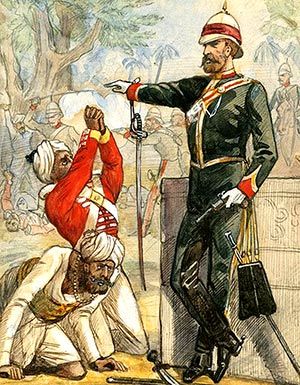
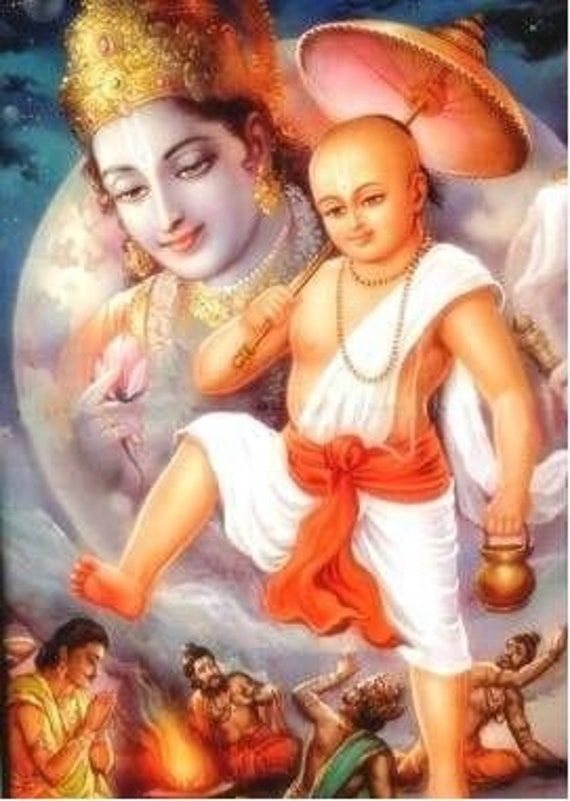
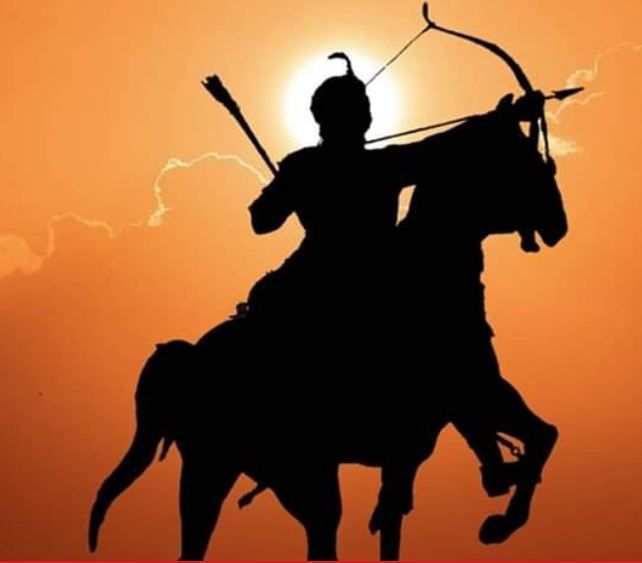

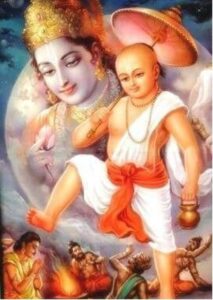
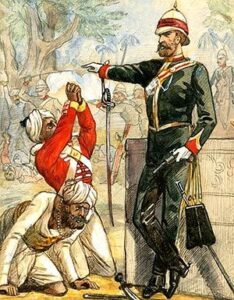
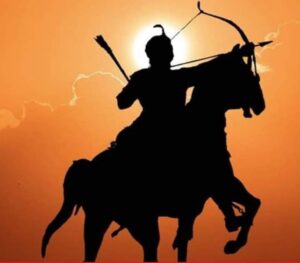
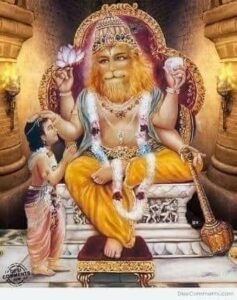
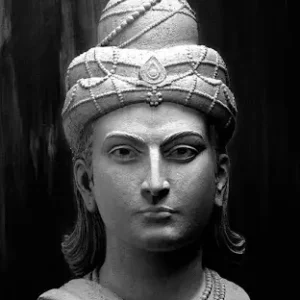
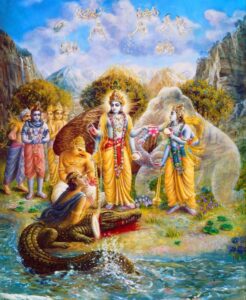
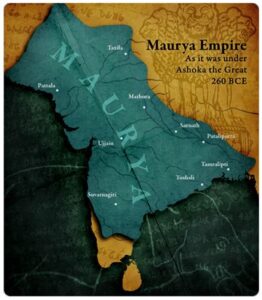
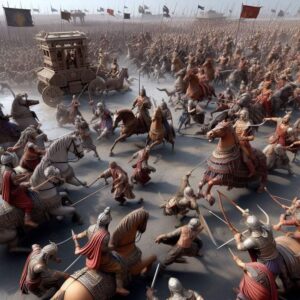

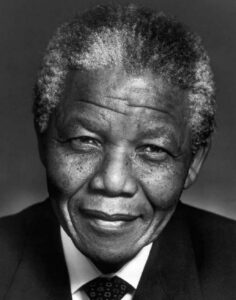
Post Comment